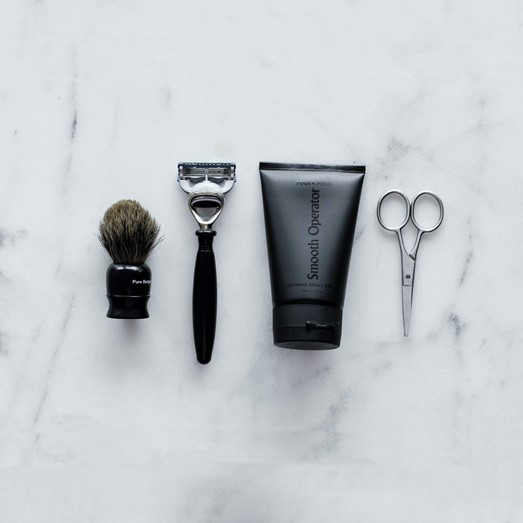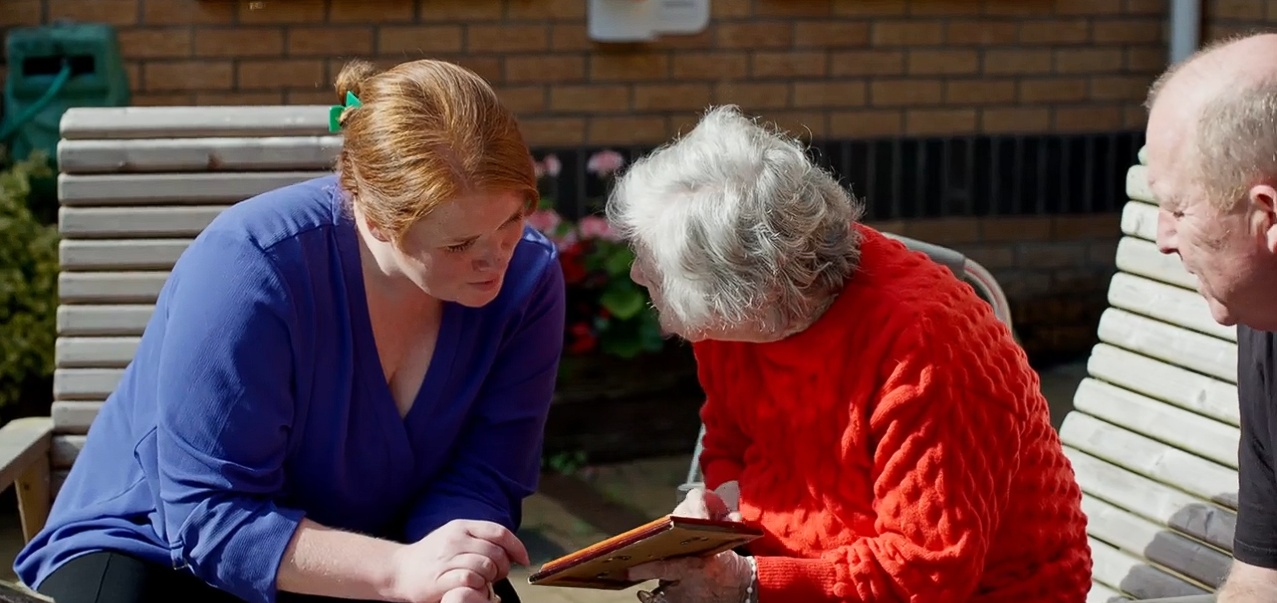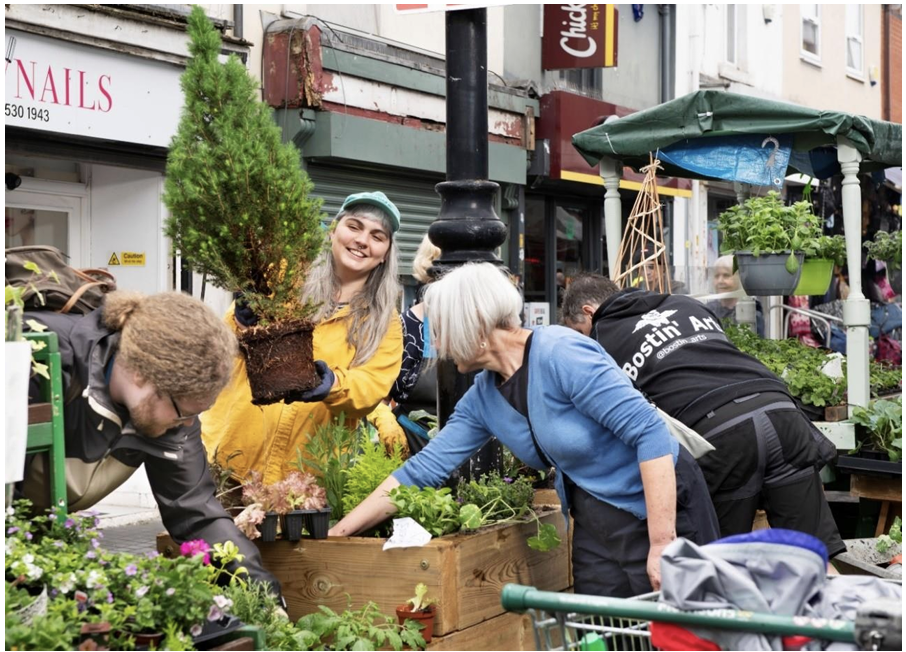
-
Source
Changing representations of masculinity within the male grooming industry
A recent high-profile advertising campaign by the global shaving brand Gillette presented a short film critiquing toxic masculinity (i.e. male violence, sexual harassment) and promoting instead a new, more caring form of masculinity. In the process, the brand’s original slogan “The Best a Man Can Get” was replaced by “The Best a Man Can Be”. A companion website explained the thinking behind the campaign:
It’s time we acknowledge that brands, like ours, play a role in influencing culture. And as a company that encourages men to be their best, we have a responsibility to make sure we are promoting positive, attainable, inclusive and healthy versions of what it means to be a man. With that in mind, we have spent the last few months taking a hard look at our past and coming communication and reflecting on the types of men and behaviours we want to celebrate. We’re inviting all men along this journey with us – to strive to be better, to make us better, and to help each other be better.
From today on, we pledge to actively challenge the stereotypes and expectations of what it means to be a man everywhere you see Gillette.
The campaign has generated a lot of debate within mainstream and social media, receiving much praise but also accusations of undermining men and masculinity. Despite accusations of virtue signalling (i.e. supporting a particular position for social approval rather than genuine belief), the company has pledged to donate US$ 1 million per year to non-profit-making organizations working with boys and young men to promote positive masculinities. Followup promotions have striven to demonstrate diverse masculinities, including a Facebook video featuring a transgender man learning to shave from his father.
Other male grooming companies are also engaged in presenting new images and stories concerning contemporary masculinity and well-being, including the Lynx (also known as Axe) “Men in Progress” video project:
We know that young men can find it hard to express themselves. We want to help guys talk about the things that matter to them, from feelings, emotions and relationships, to the things that drive them. So we’ve created “Men in Progress”, a series of videos where we talk to a group of very different guys and explore what masculinity means to them.
Such high-profile campaigns contribute to debates about modern masculinities and mental health by providing resources, role models and images that may particularly appeal to boys and young men.
Photo by Jordan Nix on Unsplash




